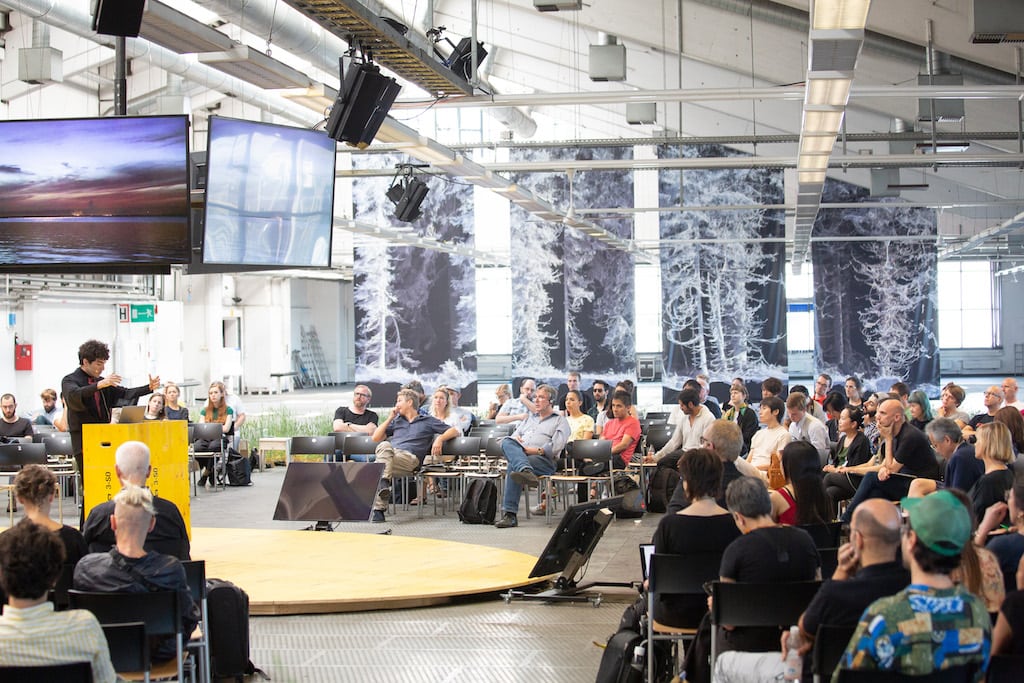Events Remain High Priority for Companies Even as Costs Rise

Skift Take
Executives know that events work for promoting their brands and driving business. A big opportunity exists, though, for organizations to get smarter about how they spend on events and making the most of the data they produce.
Holding events has become more expensive in recent years, and corporate spending has remained high regardless. Events work for generating buzz and stronger business outcomes, even if enterprise brands aren't sure of the exact return they get on their investment.
A survey of more than 700 business executives conducted by Harvard Business Review Analytic Services for Splash's The Event Marketing Evolution research report found that hosting and sponsoring events are major priorities for companies both large and small.
There is a major issue, however, of tracking return on investment; while 52 percent of respondents said event market drives more business than other channels, only 23 percent of those polled say they can calculate return on investment for the events they organi
